Session 2

In church, we are always talking about God this and God that. But what IS God really?

Theistic Conceptions of God
Theistic conceptions of God regard the divine as a supreme being or beings with personal attributes, who created and often continues to engage with the universe and its inhabitants. This is usually the concept of God being invoked when we talk about God as father, mother, friend, or lover.
This most beautiful system of the sun, planets and comets, could only proceed from the counsel and dominion of an intelligent and powerful Being... This Being governs all things, not as the soul of the world, but as Lord over all; and on account of his dominion he is wont, to be called Lord God παντοκρατωρ or Universal Ruler.
Isaac Newton (1643 - 1727)
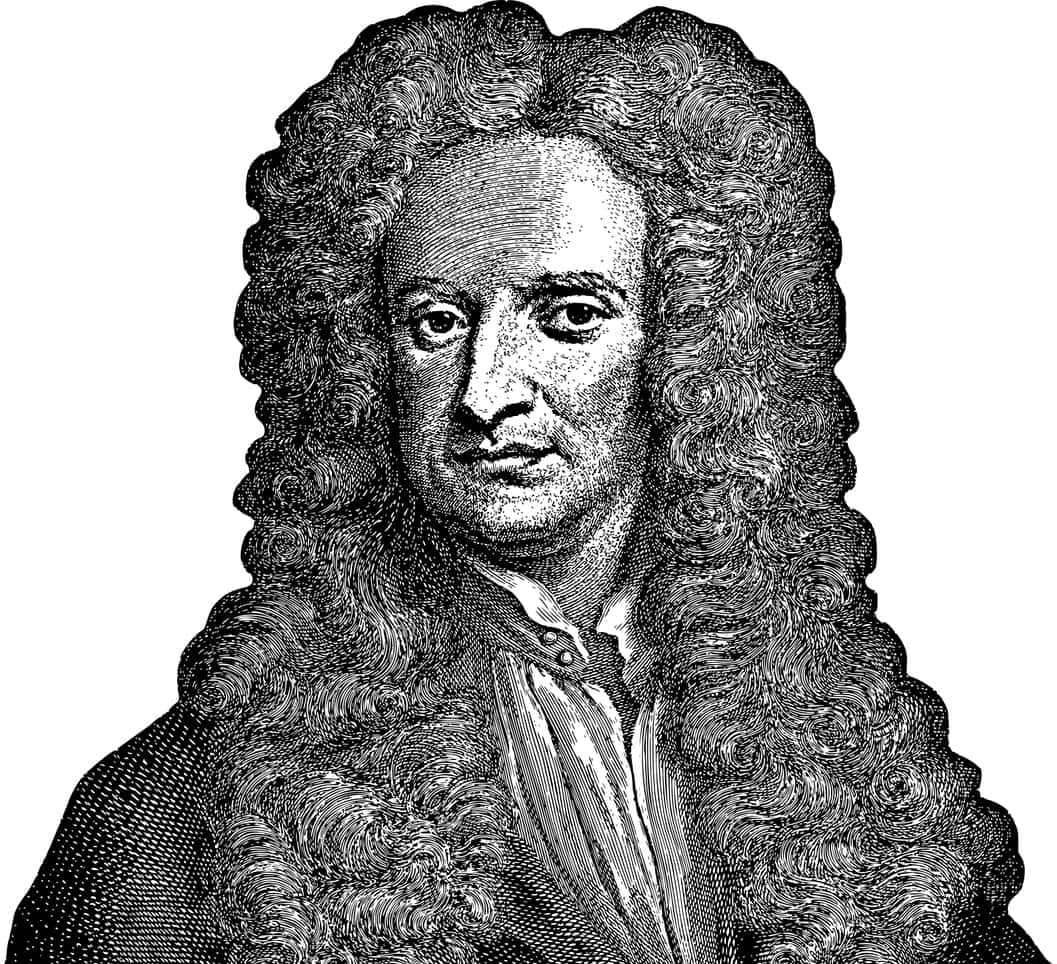
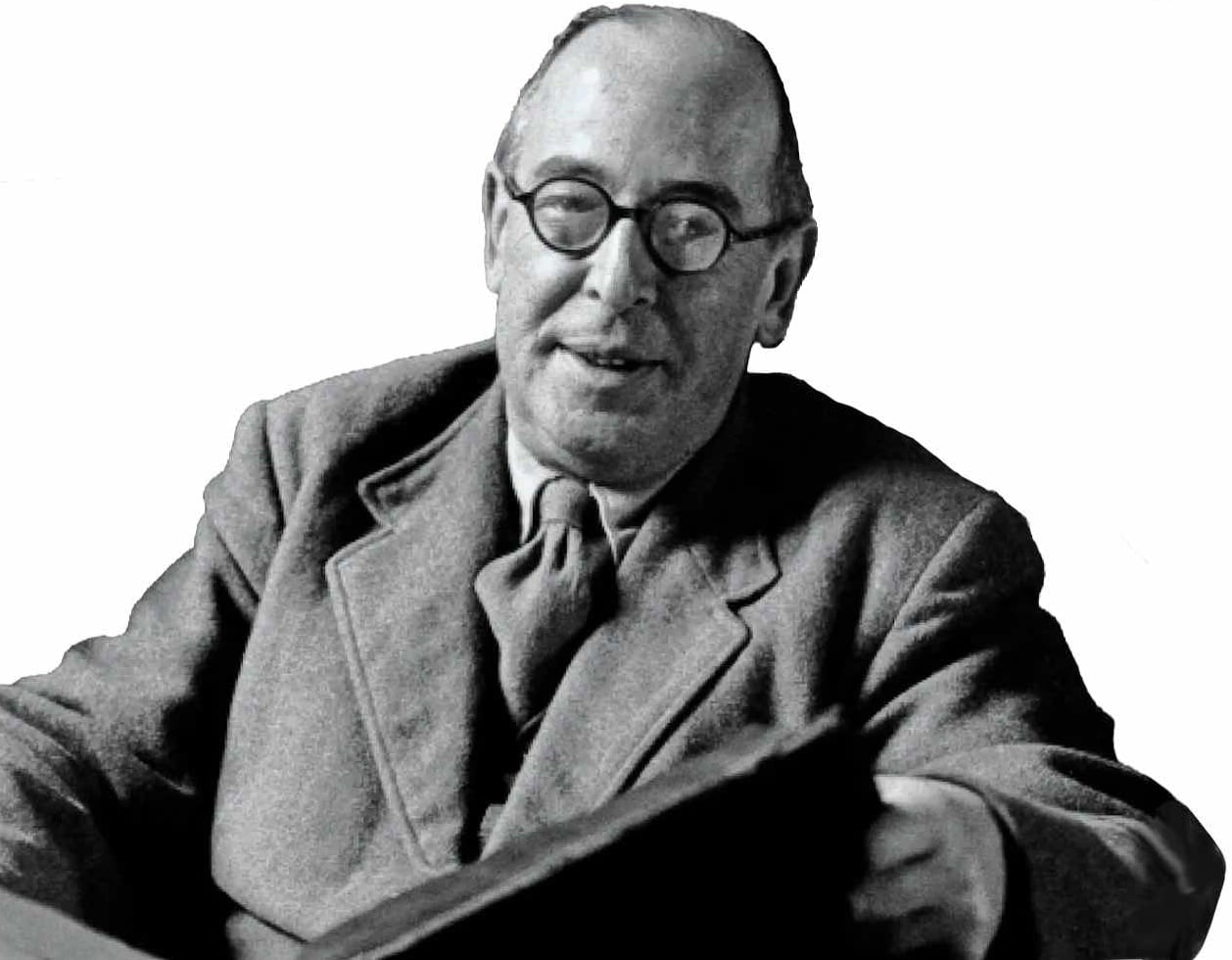
God, rather than being wholly transcendent - implying distant - from the earth, is divinely involved in the natural world He has fashioned for His creations. God is not only the Creator of all, He is the great artist who has given humanity a beautiful universe in which to dwell.
C.S. Lewis (1898 - 1963)
True fellowship and communion can exist only between beings who know each other and take a volitional attitude toward each other... There can be no goodness in the true ethical sense without freedom and intelligence. Only a personal being can be good.
Martin Luther King, Jr. (1929 - 1968)

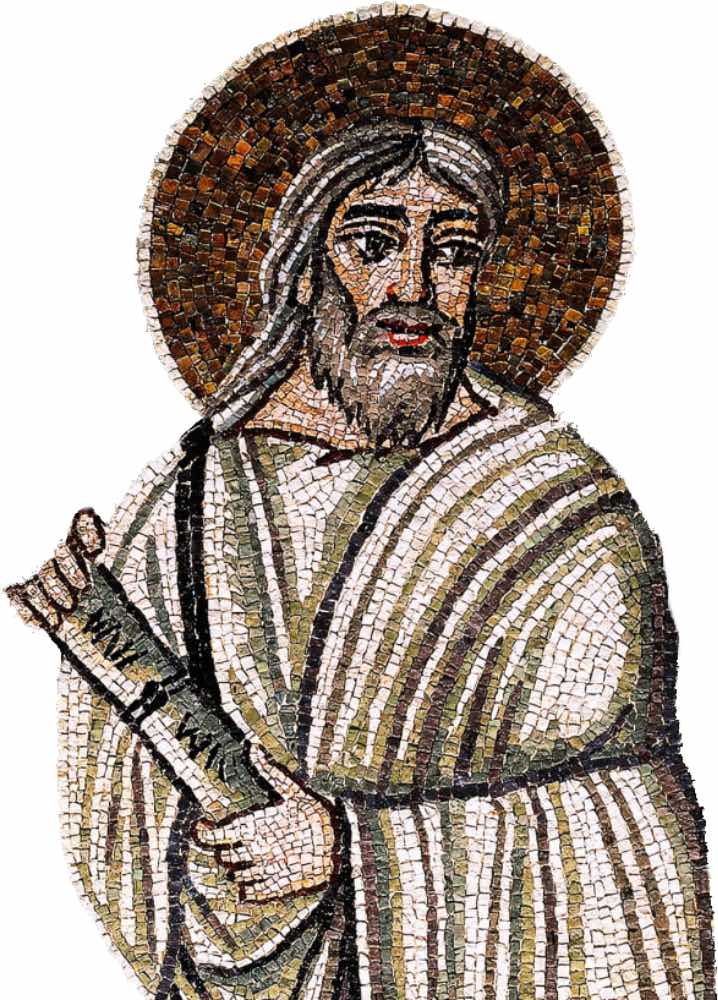
Have you never heard? Have you never understood? The Lord is the everlasting God, the Creator of all the earth. He never grows weak or weary. No one can measure the depths of his understanding. He gives power to the weak and strength to the powerless.
Isaiah 40:28-29

Non-Theistic Conceptions of God
Non-theistic conceptions of God perceive the divine not as a personal entity but as an ultimate reality, force, principle, or essence that underlies and sustains the universe.
The being of God is being-itself. The being of God cannot be understood as the existence of a being alongside others or above others.
Paul Tillich (1886 - 1965)
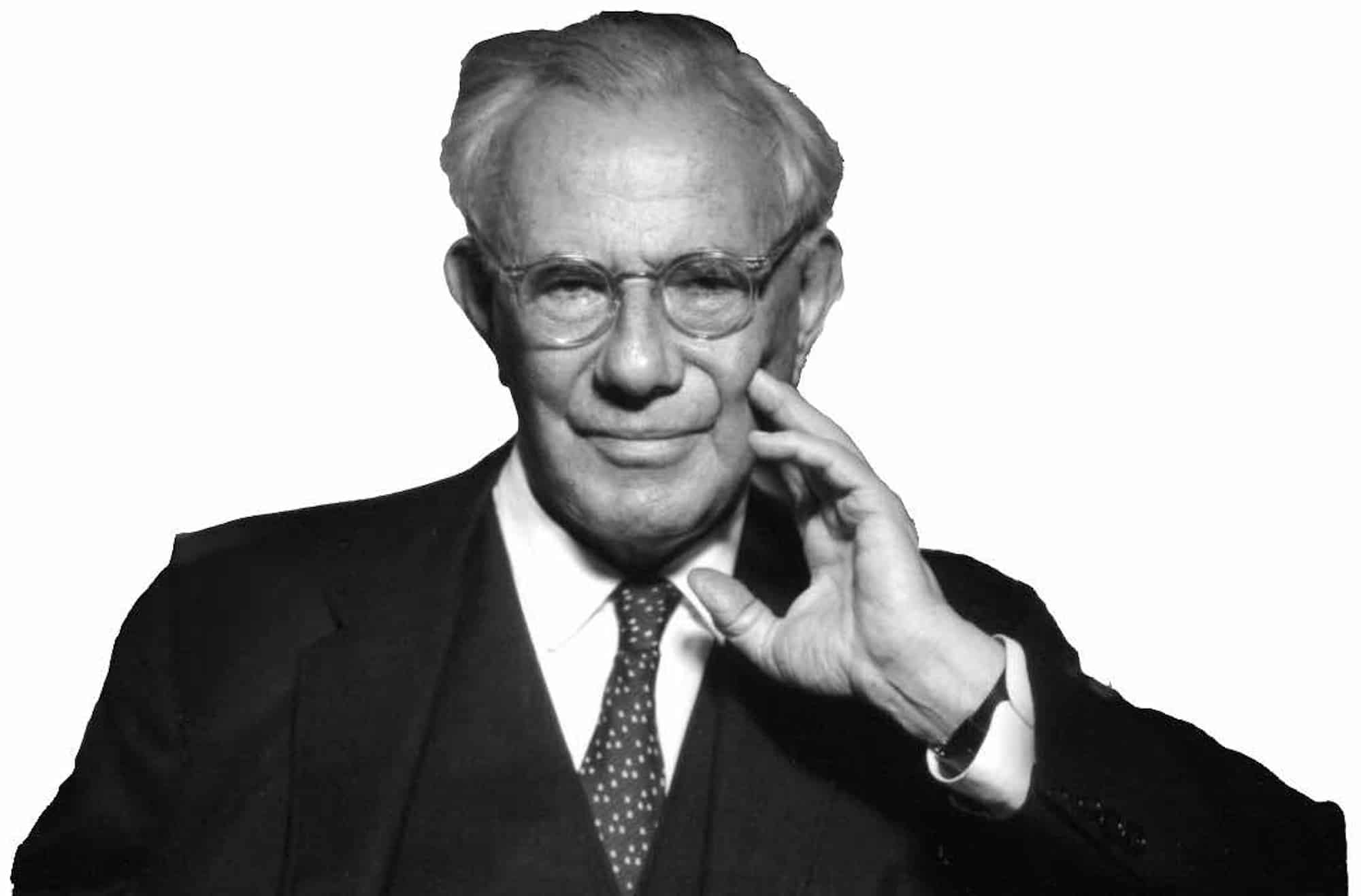
God is the sum of the natural and physical laws of the universe and certainly not an individual entity or creator.
Baruch Spinoza (1632 - 1677)
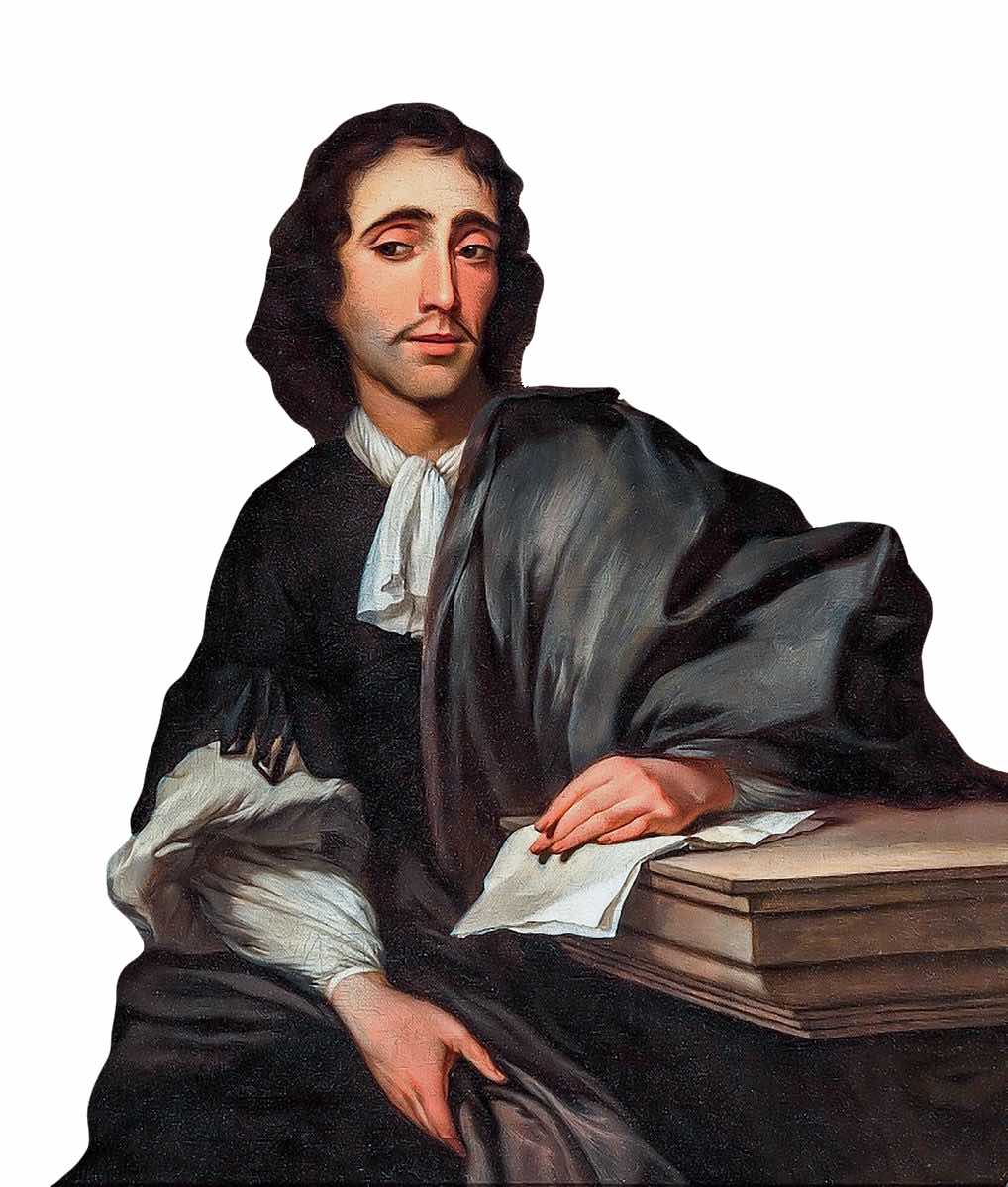
God can be understood as the serendipitous creativity that is evident in the natural processes of the universe, the unpredictable and generative force that brings new possibilities into being.
Gordon Kaufman (1925 - 2011)
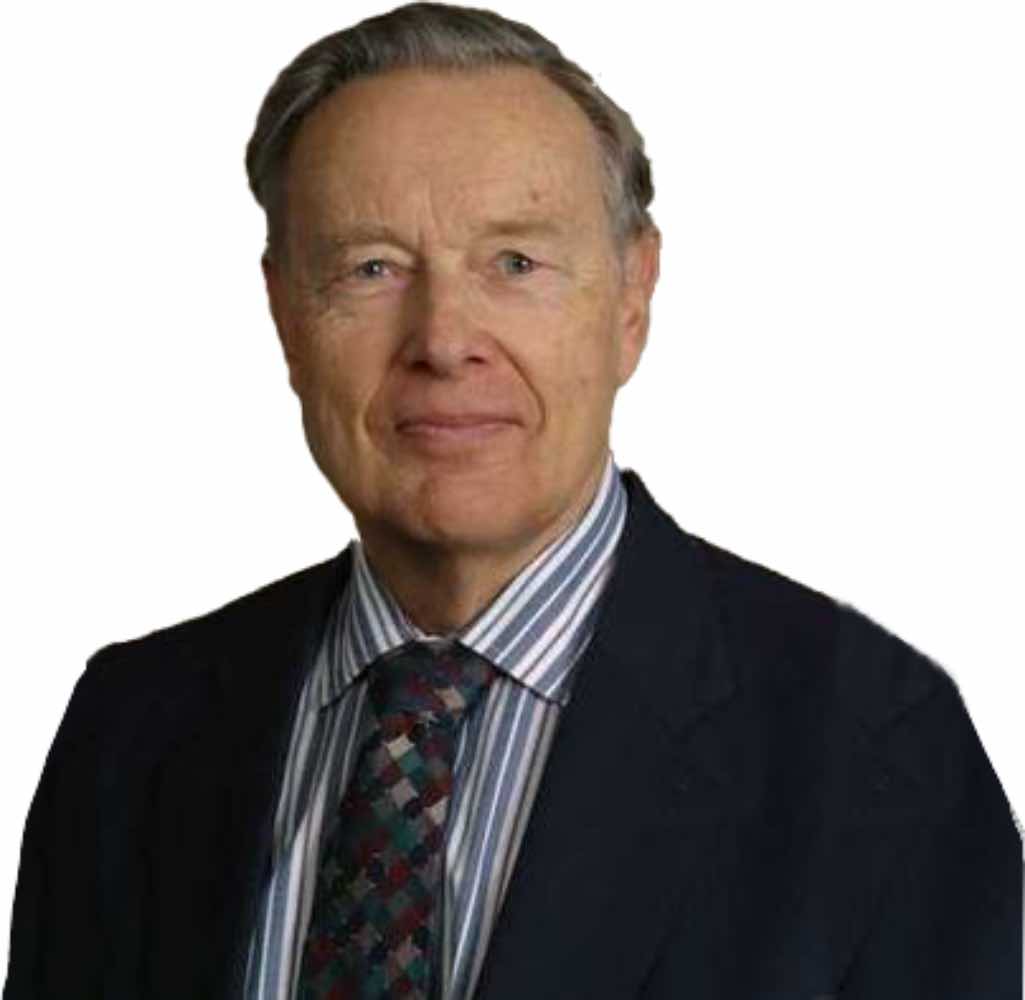
God is love, and those who abide in love abide in God, and God abides in them.
1 John 4:16
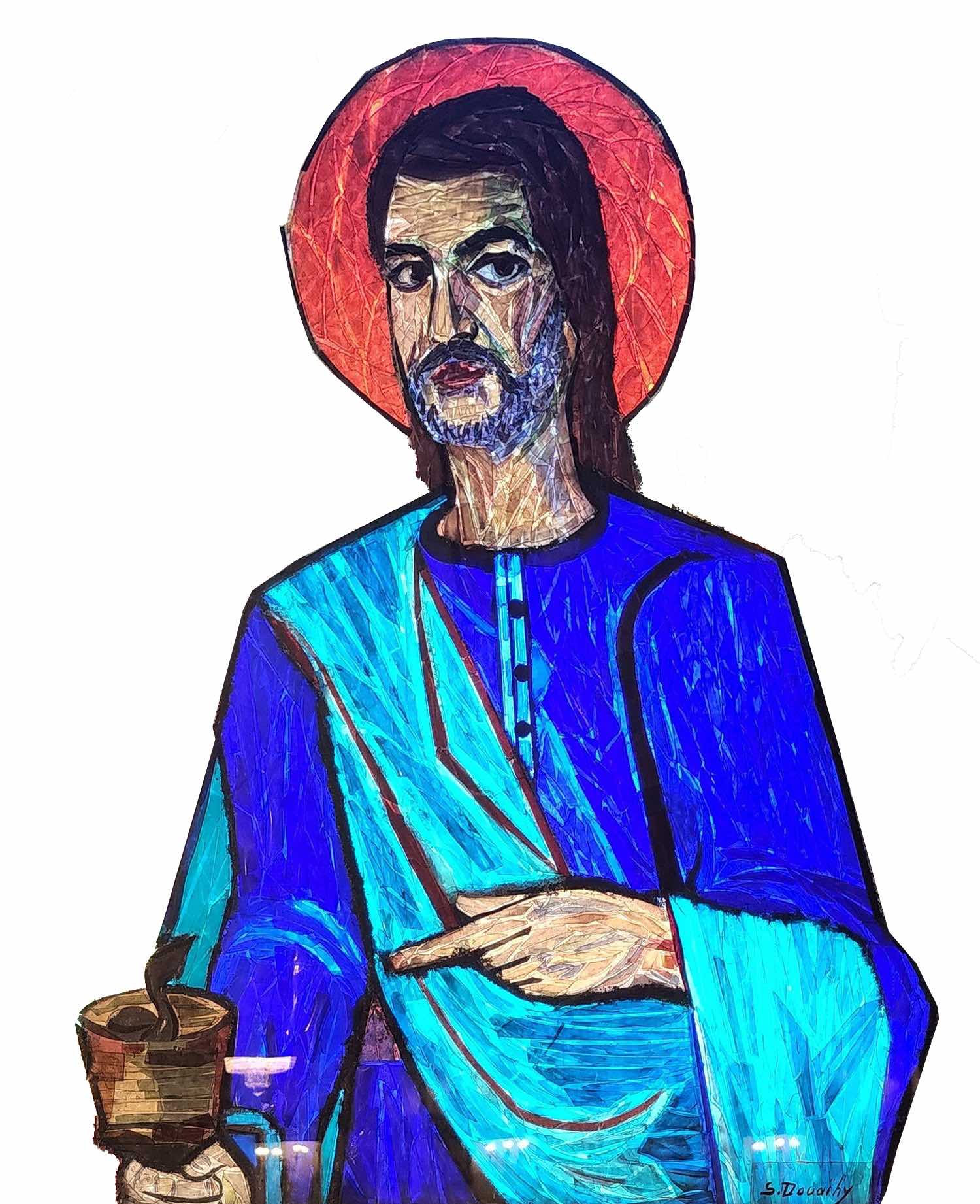
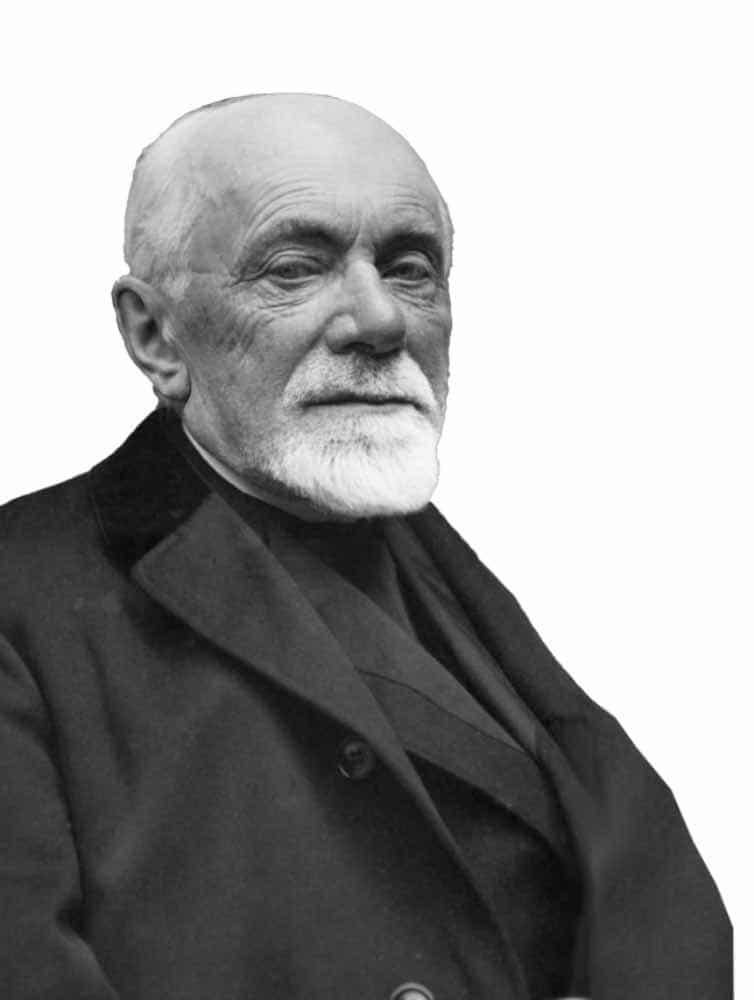
It seems obvious to me that the notion of God has never been anything but a kind of ideal projection, a reflection upward of the human personality, and that theology never has been and never can be anything but a more and more purified mythology.
Alfred Loisy (1857 - 1940)
I do not think of God theistically, that is, as a being, supernatural in power, who dwells beyond the limits of my world. I rather experience God as the source of life willing me to live fully, the source of love calling me to love wastefully and to borrow a phrase from the theologian, Paul Tillich, as the Ground of being, calling me to be all that I can be.
John Shelby Spong (1931 - 2021)
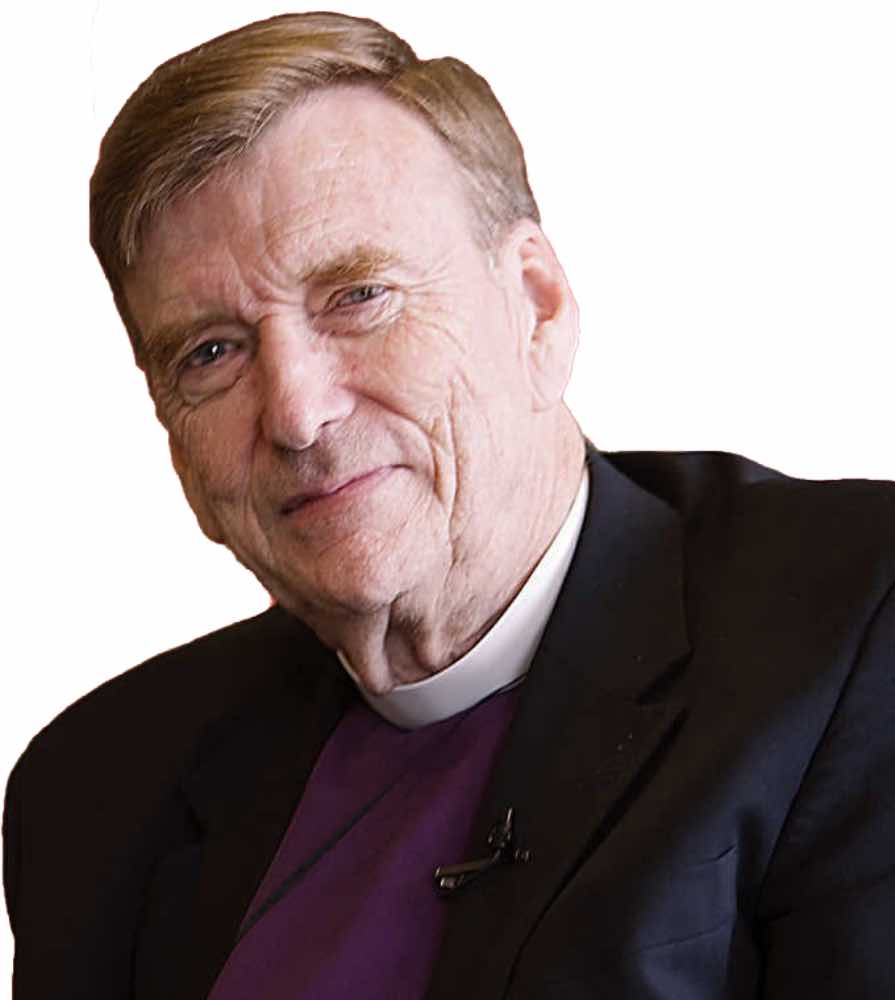
In Christian theology, the word "providence" is used to describe how God interacts with the universe.
Providence asks the question: what does God actually do?
God is in full control of everything that happens. God micromanages everything down to the smallest detail.
God created the universe but does not intervene it. God set up natural laws for the universe to run by.
God can and does intervene in human affairs but doesn’t control every detail. Thus what God would like to happen in some specific situations is not done. However, God’s will for the universe will eventually come to fruition.
God is in total control of everything AND human’s have total free will. It’s a paradox for us but not for God!
God acts in relationship with us and in response to us. The future is not a play already written but one that God co-creates with us.
God is something has some other relationship with the universe.
Now we have decided once and for all what god is and what god does, let's answer the question: what is God like?
one
There exists only one God, though it may go by many names.

many
There is more than one God. Polytheists recognize and worship multiple gods. Henotheists acknowledge the existence of many gods but worship only one.
just
God ensures that moral laws are upheld, and that there is fairness and retribution.

merciful
God is compassionate and forgiving, often prioritizing mercy over strict justice.
immanent
God is present and active within creation, the universe, or the human heart.

transcendant
God exists beyond and independent from the physical universe and human understanding.
Incomprehensible
God's nature and ways are beyond human understanding, emphasizing the mystery and depth of the divine that transcends human knowledge.

Comprehensible
God can be understood and known to a significant extent through reason, revelation, scripture or experience, making the divine more accessible to human intellect.
Infinite
God has no limits or bounds in power, presence, knowledge, or essence, embodying the concept of endlessness

finite
There are limitations to God's attributes, suggesting that the divine has boundaries or ends.
immutable
God is unchanging over time, with a nature that remains constant.

Mutable
God can undergo change, whether in nature, intentions, or emotions, over time or in response to events.
Impassible
God does not suffer or undergo emotional changes caused by external events, remaining unaffected by the world's pain or pleasure.

Passible
God can experience emotions or be affected by creation, allowing for a more responsive and empathetic divine nature.
Eternal
God as existing outside of time, without beginning or end, and not subject to temporal changes.

Temporal
God exists within time, experiencing past, present, and future, and possibly undergoing temporal changes.
Omnipresent
God is present everywhere, not confined to any specific location, but fully accessible in all places.

Localized
God's presence is limited to specific places or realms, not universally present.
Omnipotent
God's all-powerful nature, capable of doing anything that is logically possible.

Limited in Power
There are things God cannot do, either due to self-imposed limits or inherent limitations.
Omniscient
God is all-knowing, fully aware of all things past, present, and future, including all possibilities.

Limited in Knowledge
There are things God does not know or chooses not to know
???

